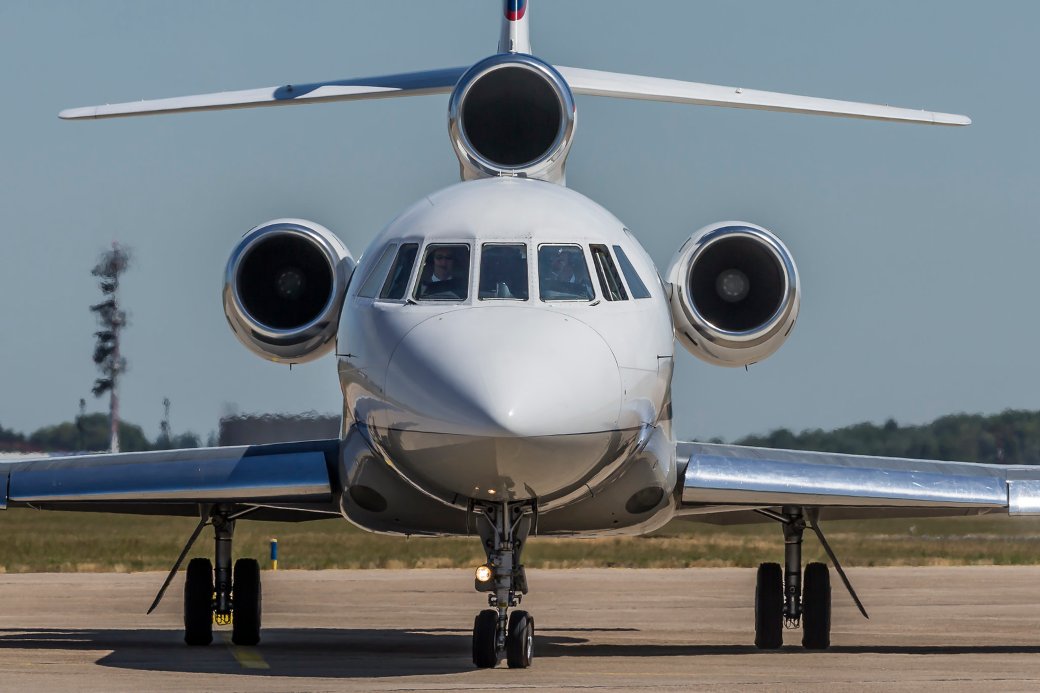"From Recreational Flying to Aviation Careers: How Light Aircraft Can Open Doors" Can Be Fun For Everyone

Piloting a Light Aircraft: A Beginner's Overview to Getting Began
If you've ever fantasized of taking to the heavens and experiencing the freedom of flight, piloting a lightweight airplane might be the best pastime for you. Whether you're interested in recreational flying or seeking a career in flying, getting started as a fly can easily be an amazing and gratifying experience. In this beginner's guide, we'll cover the crucial steps to aid you embark on on your aviation journey.
1. Specified Clear Goals
Prior to diving in to flight training, it's significant to establish your goals as a fly. Do you merely yearn for to fly for enjoyable on weekends, or are you striving for a career in air travel? Having clear goals will certainly help you stay focused and motivated throughout your training.
2. Research Flight Schools

Finding a reliable trip college is essential when knowing how to pilot an airplane. Look for schools that are certified by aeronautics authorizations like the Federal Aviation Administration (FAA) in the United States or equal regulative physical bodies in your nation. Consider aspects such as location, expense, reputation, and teacher credentials when producing your choice.
3. Obtain Medical Certification
As a fly, it's important to satisfy specific medical specifications established by aeronautics authorities to make certain protection during trip functions. Schedule an visit along with an Aviation Medical Examiner (AME) who will certainly analyze your physical exercise for flying and provide a health care certificate if you satisfy the criteria.
4. Start Ground School
Ground institution is where aspiring flies find out regarding different aspects of flying theory and rules that develop the structure of risk-free flying practices. Subject matters dealt with generally feature the rules of aerodynamics, climate patterns, navigation approaches, emergency treatments, and airplane systems. Signing up in ground institution will definitely offer you with vital expertise before taking to the skies.
5. Start Key Reference is where aspiring captains acquire practical experience responsible for the commands of an aircraft while working carefully with accredited trip coaches (CFIs). The training procedure typically is composed of each double guideline (along with an teacher) and solo trips. It is during this stage that you'll know how to execute simple procedures, launches and landings, navigation, emergency procedures, and even more.
6. Perform Consistently
Consistency is vital when knowing to pilot an plane. Routine strategy sessions will certainly assist you construct muscle mass memory and build your piloting skill-sets much more efficiently. Make an effort to commit a specific variety of hrs each full week for air travel training to progress steadily towards your goals.
7. Pass Written Exams
Throughout your air travel training quest, you'll need to pass several written tests dealing with aviation know-how such as rules, airspace regulations, climatology, navigation graphes, and airplane bodies. Study diligently and utilize information given by your trip institution or on the internet aviation neighborhoods to guarantee excellence in these exams.
8. Solo Flight and Checkride
Once you've gained ample take in and illustrated effectiveness in the cockpit, your teachers will authorize off on your initial single flight—a electrifying landmark for any aspiring pilot. After accomplishing single air travels and meeting the required trip hrs summarized through air travel authorities, you'll be prepared for the ultimate challenge: the checkride. This evaluation is composed of a sensible exam with an FAA inspector who will evaluate your flying skills and know-how.
9. Obtain Your Pilot Certificate
Upon effective completion of your checkride, you'll obtain your captain certificate or license—the main documentation granting permission to fly as a private pilot or seek further sophisticated rankings if intended.
10. Continue Learning
Piloting is a long term learning experience that requires on-going education even after getting a exclusive captain certification. Take into consideration seeking extra scores or endorsements such as tool flying or multi-engine functions to extend your ability prepared and open up up new opportunities in aviation.
Embarking on on the path to coming to be a light plane aviator can be both exciting and difficult. Through setting clear objectives, finding a credible air travel university, devoting yourself to steady strategy, passing written exams, demonstrating skills throughout checkrides, and proceeding to learn, you'll be effectively on your way to meeting your aspiration of air travel. Thus, bend up and receive prepared for an journey like no other—the sky's the restriction!
Take note: Word matter - 809 phrases.
